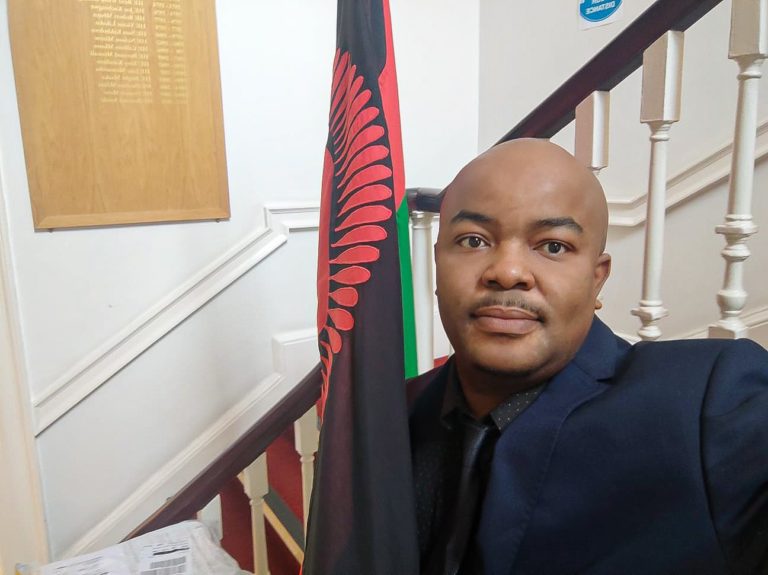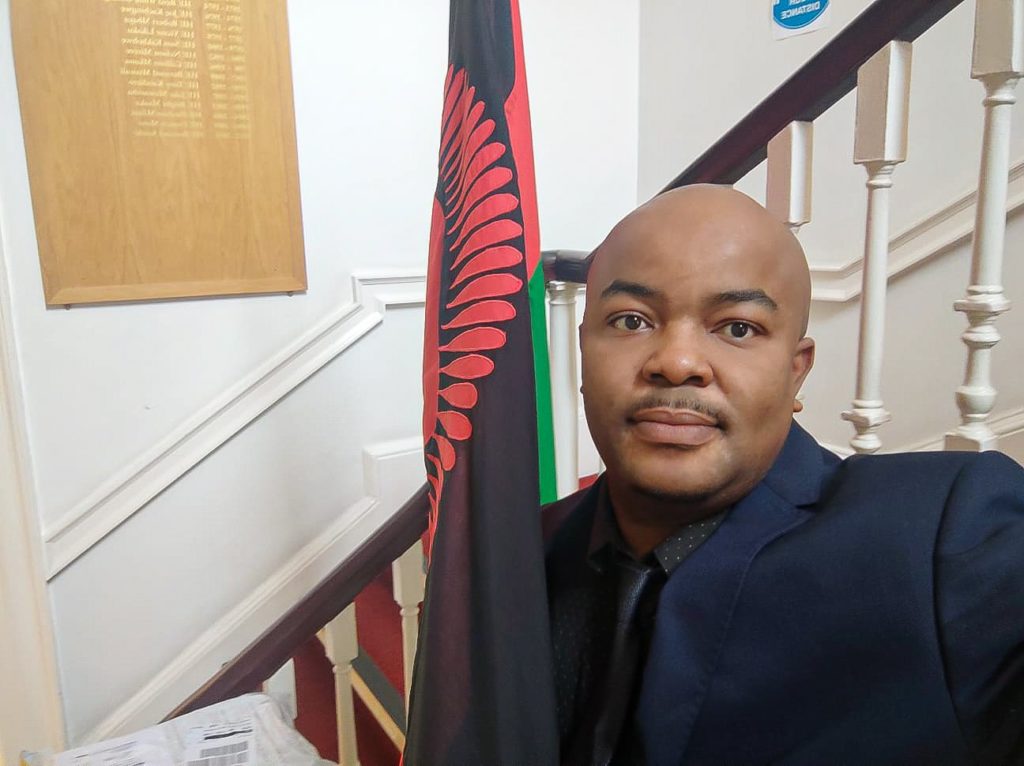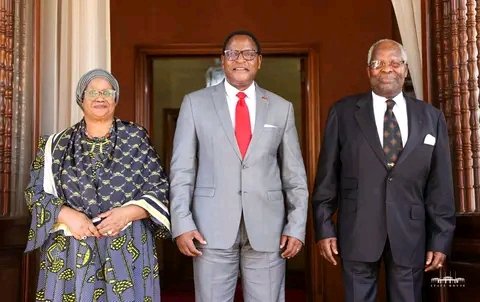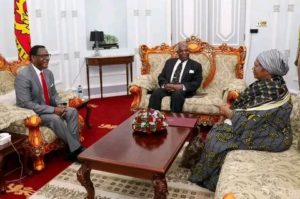By Chisomo Phiri
In continued efforts to ease the access to its products and services, one of the country’s major insurance companies NICO General Insurance Company has opened its first digital service branch at Chichiri Shopping Centre in Blantyre.
Speaking after the official opening of the branch, NICO Chief Executive Officer(CEO) Donbell Ndalama said the branch is unique as it is the branch which will be providing all services digitally.

“This is a unique office compared to other offices as all services for example, provision of receipts, proposal forms that someone fills in and other services, will be done digitally,” he said.
He added:”The office is also unique as it will create a convenient environment for our customers since service offered will be timely, cost effective but also it will be easy for customers to keep records of all services provided.”
On his part Reserve Bank of Malawi (RBM) Director of Administrative smServices Lanjes Sinoya commended the company for the innovation.
“This is a welcome development from the perspective of registrar of financial institutions because this is what the registrar has been agitating for provision of services to customers in a convenient, affordable and in a proper manner.
“And looking at this kind of innovation, it has been one of those milestones that the market is doing in order to achieve the objective of financial inclusion,” he said.
Grace Mzumara, a client who bought her motor vehicle insurance electronically on the newly launched centre described the process as very fast, easy and convenient.
NICO General Insurance Company Limited was formed as a short-term division of the National Insurance Company Limited (now NICO Holdings Plc), which was incorporated as a composite insurance company in 1971.
The company was restructured to a stand-alone general insurance company in 2002.
NICO General is 51% owned by NICO Holdings Plc and 49% by Sanlam Pan Africa (SPA).
It is the leading short-term insurer in Malawi with a market share of approximately 35% and a gross written premium figure of MK20 billion for the year ended December 2020.
The company has an investment portfolio spanning from life insurance, pension services, hotels, real estate, banks, shopping malls, hospital to telecommunication.








